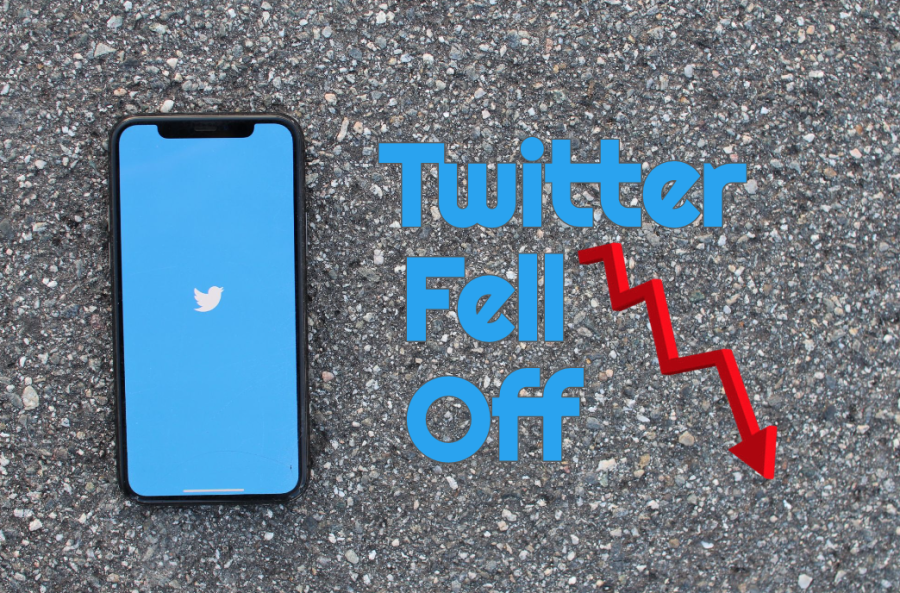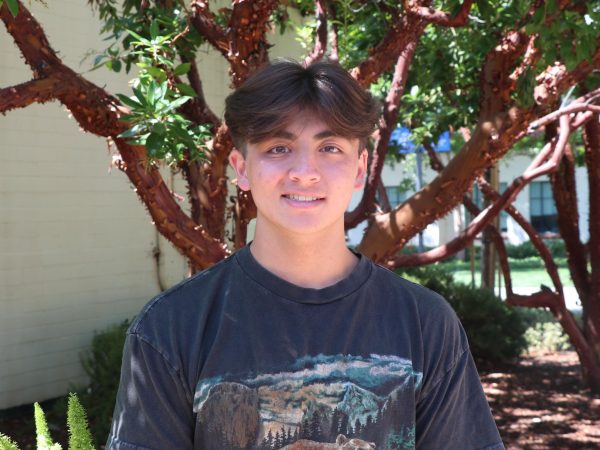Since the advent of the internet—notably, social media— information has gained the ability to travel instantaneously from one person to another. News and information consumption has been made easier than ever, and we now have the entire world at our fingertips.
However, this is the world through the eyes of the distributors. Those who control the media dictate how we, as consumers, perceive what is happening in the world.
Wealthy businessmen have a habit of buying newspapers. William Hearst bought the New York Journal in 1896, and many wealthy businessmen have followed in his footsteps. Jeff Bezos bought the Washington Post in 2013. Rupert Murdoch bought the New York Post in 1976 and the Wall Street Journal in 2007. Billionaires like Bezos and Murdoch make up a long list of media moguls that control sources of news today. With the emergence of social media as a method of spreading news, how do these platforms fare when faced with billionaire buyouts?
∗ ∗ ∗
Take Twitter, for example. Founded in 2006, Twitter is a social media platform that acts as a hub for all things ranging from news to art to comedy and everything in between. The popularity of the platform has allowed it to gain prominence as a form of media and embed itself in the much world’s social, cultural, and political landscape.
As a corporation, Twitter has stated its mission of “[giving] everyone the power to create and share ideas and information instantly without barriers.” For Twitter, though, the absence of barriers does not mean an absence of security.
Within Twitter’s security policies, the platform pledges to dismantle any acts of “violence, harassment, and other similar types of behavior discourage people from expressing themselves” in order to “ensure all people can participate in the public conversation freely and safely.” Violating any of Twitter’s security policies may result in a range of disciplinary actions, from limiting a tweet’s visibility to permanently suspending an account altogether. These security policies, while good in intention, have often been criticized as a [curtailment] to free speech.
Through this regulation, Twitter is able to selectively platform content that is acceptable by its standards. Without its security policies, misinformation and hateful conduct would run rampant on the platform, so, if any billionaire were to dismantle them, it would certainly be a disservice to all Twitter users.
∗ ∗ ∗
On October 27th, billionaire Elon Musk finally closed a deal to buy Twitter after months of speculation and drama surrounding the purchase. In a $44 billion move, Musk was granted free reign over Twitter and its status as one of the most influential social media platforms in the world.
Shortly following Musk’s [acquisition] of the platform, he started cleaning house. Firing many of the platform’s top executives, Musk quickly assumed a position of ultimate authority over Twitter. With this power, he now had control of what Twitter presented to its user base of 237.8 million daily active users.
Almost immediately, Musk began to toy with Twitter’s security policies — you know, the ones that I said would be a “disservice to dismantle.” In the name of “free speech,” Musk tore down, piece by piece, much of what made Twitter, as a platform, tolerable.
He didn’t tear it down alone, though. Musk held Twitter polls on his personal account to determine each of his next moves. Twitter users — or, really, the specific demographic of them that follow Musk religiously — now had the ability to vote for the implementation of new features on the platform.
In a poll held on November 19th, Musk asked his followers whether or not former President Donald Trump’s account should be reinstated on the platform. Trump had been permanently suspended from Twitter nearly two years prior for using his platform to incite violence during the January 6th insurrection at the Capitol, violating the Glorification of Violence policy.
By a margin of 1.8% of the poll’s votes, Musk’s followers called for Trump’s reinstatement, but Musk’s offer would be denied by the former President. Although Trump rejected the offer, the fact that he had the option of returning to Twitter after repeatedly violating the platform’s security policies undermines the concept of media security in its entirety.
Further undermining Twitter’s security policies, Musk introduced a new feature that would enable users to easily violate authenticity-based security policies. Twitter Blue, a paid subscription of eight dollars per month, awarded patrons with a verification badge. Because there was no immediately evident method of determining the authenticity of the verification badge’s authenticity, Twitter was sent into a storm of confusion.
Many users used this feature as an opportunity to pose as verified accounts to make jokes, but Musk failed to anticipate any sort of real-world ramifications for these tweets. Several Twitter users sent out tweets pretending to be large corporations, leading to many of their stocks plummeting. Only then did Musk and his team step in to differentiate between verification awarded from the subscription or genuine notability.
Finally, as a final blow to security on Twitter, Musk dissolved Twitter’s Trust and Safety Council on December 12th, leaving users utterly defenseless against a great deal of malicious activity on the platform. Even further, three days later, Musk suspended the accounts of dozens of high-profile journalists whose reporting often revolves around Musk and the status of Twitter, claiming that he and his family had been endangered by their coverage of a Twitter account that tracks the flight activity of his private jet. Musk’s continued disregard for a more secure Twitter has created a warzone out of a social media platform.
∗ ∗ ∗
But why should we care? It’s not like we even use Twitter anyway. It’s where Millennials go to rot, not us Gen-Zers. We’ve got better places to be like… TikTok!… or Snapchat!
Media buyouts, like I mentioned before, are not a new phenomenon, but with platforms like Twitter and Facebook having established themselves as incredibly influential news hubs, media proprietors may follow Musk’s lead, buying social media services and their userbases to align with their perspectives. This method of media control does not start with Twitter, and certainly does not end with it either.
“I think that there is a difference between news creators like Fox or the New York Times and news curators like Twitter.” said Jessica Fisher, co-chair of the Webb humanities department. “[Twitter] is a place for other people to share those news, as opposed to journalists writing original content on there. When folks are getting most of their news from Twitter, for example — or from TikTok, God forbid — that’s making the news that much more unreliable.”
Consolidated ownership of social media platforms like Twitter or Facebook that are prominent in the news sphere can be used to generate misinformation, and influence user discourse. Is this media manipulation? I think so. I think this could even be a breeding ground for propaganda.
“I do know that propaganda succeeds when it plays to emotions over reason, and we know propaganda succeeds when it attacks opponents, right?” said Ms. Fisher, who teaches students how to identify propaganda as a part of her Advanced Studies Fascism course. “The very nature of social media being the source of news makes it an easier platform for propaganda to thrive.”
When the public has limited access to the truth, and certain perspectives are amplified over others, we are only doomed to fall into a pit of confusion.
“When we dilute the truth in news and people actually know that what they’re reading may not be true, it makes it difficult for people to know that what is true is true,” Ms. Fisher said. “It changes the nature of reality, because we don’t even know what’s the truth anymore.”
When the line between reality and fiction is blurred within our intake of news, we are left in the dark about what we can believe. We can no longer trust Twitter as a reliable hub for news consumption.
Log off.






![Many Webb students spend their free time in the library watching a popular TV show like Riverdale and Euphoria. “Based off what I’ve seen, like in Euphoria, because the actors are older, they don't showcase an actual high school life properly,” Sochika Ndibe (‘26) said. “Since [the actors] are older [and] playing a teenager, from a girl’s perspective, it is going to make you think you should look more developed at a young age.” The actor, who plays Veronica Lodge, was 22 years old at the time of filming.](https://webbcanyonchronicle.com/wp-content/uploads/2025/03/Antecol-Media-affects-how-society-functions-graphic-1200x900.png)








